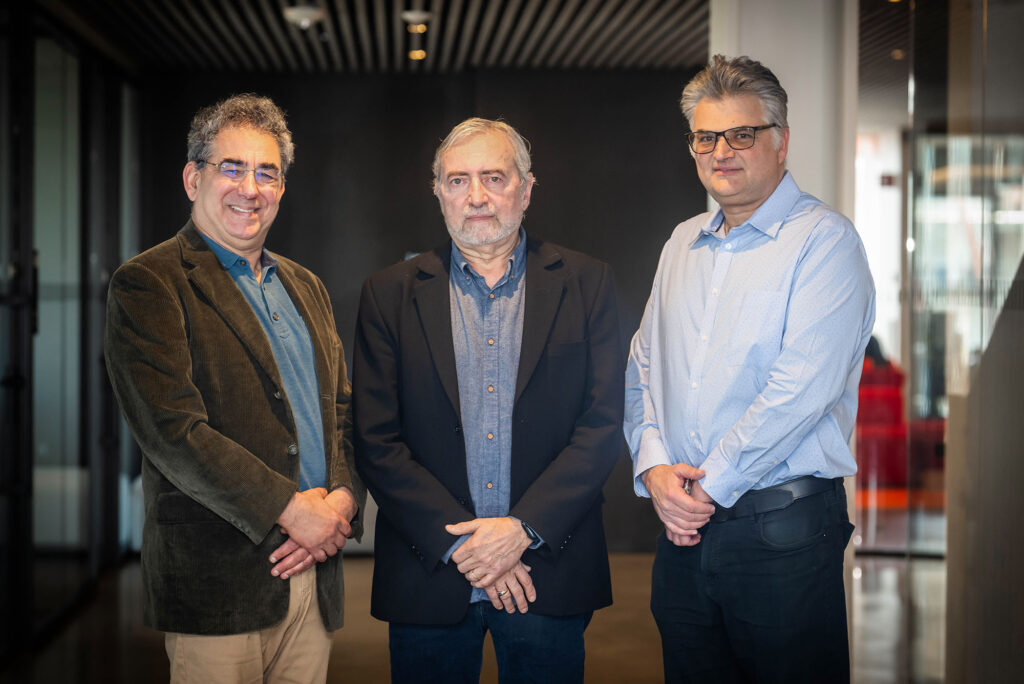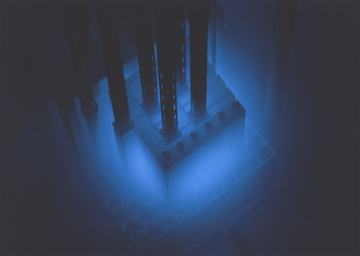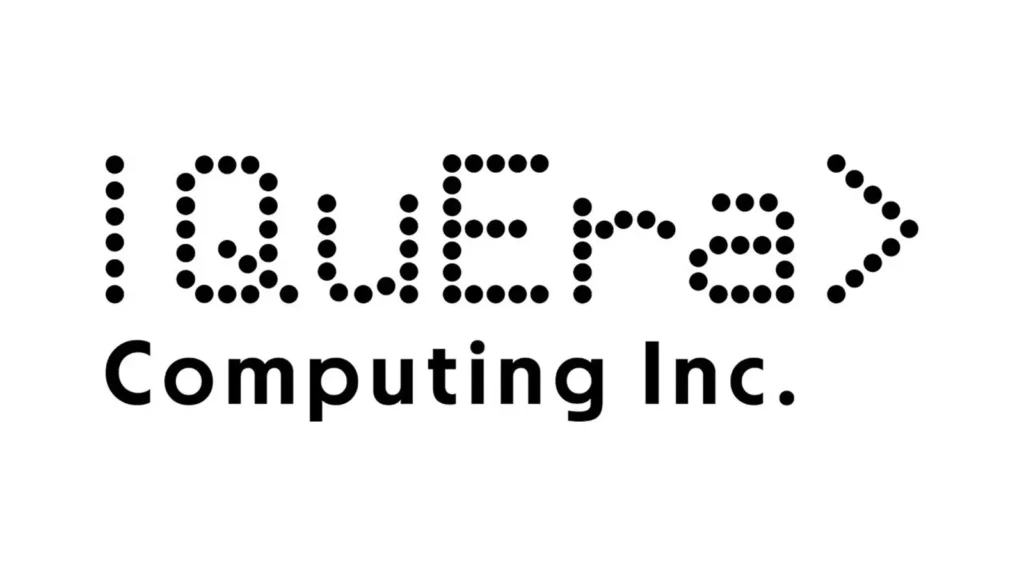Insider Brief
- SemiQon has demonstrated a step toward scalable quantum computing by using its ultra-low-power cryogenic CMOS technology to characterize quantum dot qubits at large scale.
- The company’s cryo-CMOS transistors, launched in late 2024, allow control and readout of hundreds of qubits simultaneously in a single cooldown, reducing power consumption by a factor of 100.
- SemiQon’s integration of control electronics with silicon-28 qubits on a single chip minimizes cabling and room-temperature components, supporting efforts to scale toward million-qubit quantum systems.
PRESS RELEASE — After announcing the world’s first cryogenically optimized CMOS transistor in late 2024, SemiQon has achieved new milestones in addressing the core challenges with scalability of quantum computers. Using its ultra-low-power cryogenic CMOS, SemiQon has now been able to demonstrate large-scale characterization of quantum dot qubits.
SemiQon has entered the era of large-scale quantum integrated circuits. In November 2024, SemiQon launched its cryogenic CMOS transistor, and demonstrated record-low switching efficiency that is pivotal for using CMOS technology for quantum processor control and readout. Now SemiQon is taking an important new step toward scalability with integrated circuits capable of addressing hundreds of qubit devices simultaneously in a single cooldown.
“The cryo-CMOS transistor was a major achievement for us and critical in demonstrating the revolutionary impact of the technology on cooling power. With our cryo-CMOS we can reduce power consumption by factor of 100 – which to many sounded impossible,” explains Janne Lehtinen, Chief Science Officer at SemiQon.

“Now we are putting the technology to a new test as we move from single components to replicating this for thousands to enable scalability,” Lehtinen states.
The goal of SemiQon’s technology development is to combine densely packed silicon qubits with an on-chip readout solution on the same chip. By bringing the control electronics onto a chip and inside the cryostat, the number of cables and room-temperature electronics can be drastically reduced, thus removing a key constraint for scale-up.

To do this, SemiQon has – for the first time – used FDSOI silicon-28 substrates, a rare material that is required for high fidelity qubits and used it for both qubits and their interfacing circuits. This is vital for the development of technology where metrics of a single hero device have been the industry norm but are not sufficient. Large-scale statistical datasets are required to properly understand the qubits and their performance at scale.
“Scalability is at the core of SemiQon’s strategy. We do not aim for a one-off demonstration. We are determined to build our technology for the million-qubit era. To do this, having efficient interfacing is one of the key requirements — and that is what we have now demonstrated. Next in the line is cryo-compatible packaging of the chips,” Lehtinen concludes.
The chips demonstrated in SemiQon’s facilities are now also being validated at the premises of research partners and early customers.




















